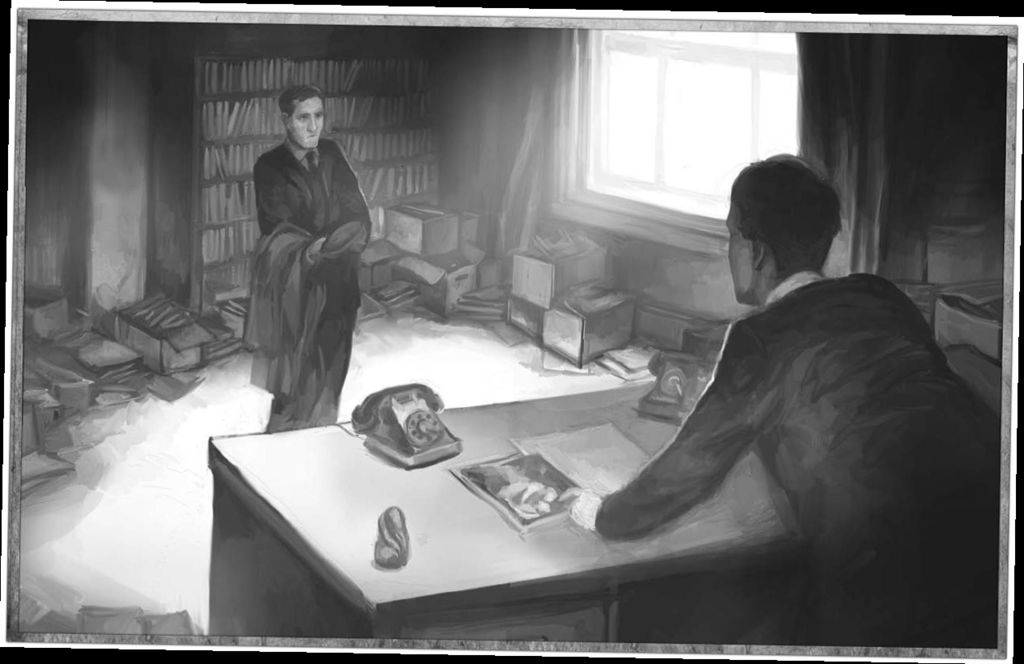Special Operations Executive (SOE)
SOE was formed in July 1940, at a time when Britain was threatened with imminent invasion. The situation was beyond desperate; the army had lost most of its heavy equipment in France and was inadequate for the task of resisting invasion, and the navy could only promise to delay one for a time. Everything hung on the Battle of Britain, in which an overmatched RAF struggled against heavy odds.
Where MI6 preferred to quietly obtain information which could be acted upon by the regular armed forces when directed, SOE was charged with causing as much mayhem as possible. This meant at times working with questionable allies such as Bolshevik or Communist groups, of which the British government officially disapproved. As far as SOE was concerned, it does not matter if the enemy of my enemy is my friend or not, so long as he is causing trouble for the other side.
Wherever possible, recruits were sought who were either displaced natives of the target region, descendants of natives, or at least had connections with the target Country. Fluency in a language could possibly be mastered, but the ideal operative had the sort of local knowledge that would enable him or her to not seem out of place even if questioned.
Many SOE operatives were members of the target Country’s armed forces who had escaped capture and joined free forces on the Allied side, though this was mainly the case with northern Europe and Scandinavia. Personnel from Balkan countries were less commonly available, and in any case the situation was different there. France and to some extent Norway were controlled by Nazi Germany but relatively peaceable; regions such as Yugoslavia were battlegrounds for overt guerrilla forces. Thus an agent destined for France might have to live as a citizen; one operating in Yugoslavia could be housed at a guerrilla camp and not have to pass for anything other than a British agent.
SOE was notable for recruiting anyone with the requisite skills and aptitudes, regardless of background and possible previous misdeeds. Criminals were a useful source of certain skills, while a poor record in the military, perhaps even including a court martial, did not necessarily mean that the individual could not make an excellent SOE agent.
SOE operatives worked, where possible, in conjunction with local resistance forces though an agent or team of agents could at times undertake a mission alone. SOE agents might be assigned as liaison for resistance or guerrilla groups, relaying information home via radio or requesting support as needed, usually in the form of supplies and weapons parachuted into their area of operations. Often one SOE group would pass information back, to be acted upon by another.
Sabotage was a major activity of the SOE, another assassination. Theft of important documentation, and the kidnap of personnel of value to the enemy.
Overall, SOE operated very much on faith. That is, most of the actions its operatives undertook were of relatively small importance in the grand scheme of things. However, sufficient disruption would tie down large numbers of
Axis troops, undermine morale, show occupied countries that it was worth resisting, and cause a modest but significant drain on resources. In the bleakest days of the war, faith that by doing enough little things the Axis might be undermined and ultimately halted was the only light to be seen during a very dark night indeed. (Taken from World War Cthulhu, Cubicle 7)

